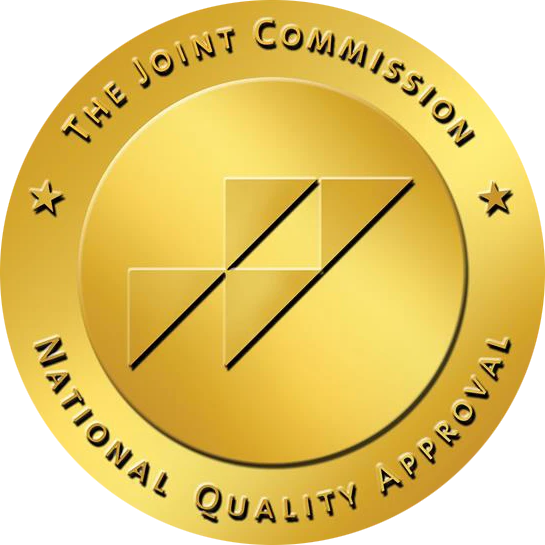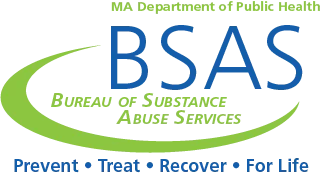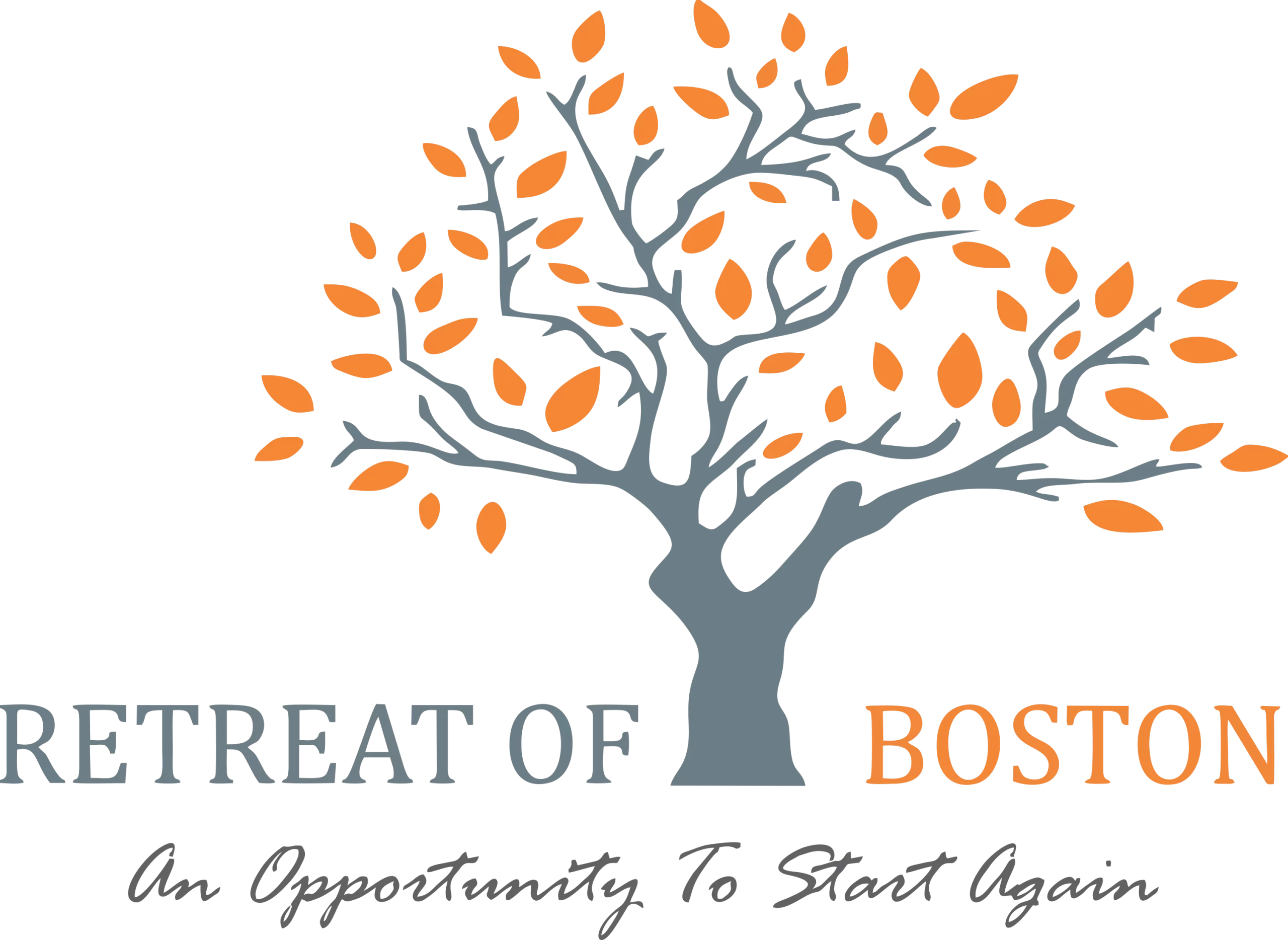Massachusetts Addiction Resources

Finding support for addiction in Massachusetts can feel overwhelming, but help is closer than you may think. The Commonwealth offers a wide range of trusted programs, treatment providers, and community-based organizations dedicated to helping individuals and families affected by substance use disorders. From detox and residential rehab to outpatient programs, sober living, and peer-support networks, Massachusetts provides multiple pathways to recovery designed to meet people where they are and support long-term success.
Whether you’re seeking treatment for yourself or a loved one, understanding your options is the first step toward healing. This page highlights key addiction resources in Massachusetts—including state-funded services, private treatment facilities, mental health support, emergency hotlines, and community recovery groups. No one should have to face addiction alone. With the right guidance, support, and treatment, recovery is possible—and there are compassionate professionals and programs across Massachusetts ready to help you begin the journey.
COMMUNITY ACTION IN MASSACHUSETTS
How is New England Addressing the Addiction Crisis?
Massachusetts has taken a comprehensive and forward-thinking approach to addressing the addiction crisis, combining expanded treatment access, harm-reduction initiatives, and strong statewide collaboration. The Commonwealth has invested heavily in building out its continuum of care—ranging from detox and inpatient rehab to outpatient programs, recovery coaching, and community-based support networks. Medication-assisted treatment (MAT) is now widely available across the state, including in primary-care offices, emergency departments, and correctional settings, helping individuals access lifesaving treatment earlier and more consistently.
Harm-reduction efforts have also become an essential part of Massachusetts’ response. The state supports syringe-service programs, widespread naloxone distribution, fentanyl-test strip access, and mobile outreach teams to reach at-risk populations and prevent fatal overdoses. Massachusetts is also piloting innovative approaches, including expanded community-based recovery centers and partnerships with first responders to connect people to treatment immediately after an overdose or crisis.
Education and prevention play a critical role as well. Massachusetts schools, public-health agencies, and community organizations work together to increase awareness, reduce stigma, and build early-intervention pathways for youth and families. Additionally, the state has strengthened monitoring systems and data-driven policies to track overdose trends, respond quickly to emerging drug threats like xylazine, and ensure equity in treatment access across urban and rural areas.
While challenges remain, including rising synthetic-opioid deaths, co-occurring mental-health needs, and gaps in rural service access, Massachusetts continues to expand support, improve care coordination, and lead the way in evidence-based addiction treatment and recovery support. Through continued investment, policy innovation, and community engagement, the state remains committed to saving lives and strengthening long-term pathways to recovery.


LOCAL HELP FOR ADDICTION IN NEW ENGLAND
Addiction Recovery Programs in Massachusetts
Massachusetts offers a comprehensive range of addiction treatment resources designed to meet diverse needs, from medical detoxification to holistic recovery approaches. Here’s an insight into the types and key features of effective rehab programs available across the state.
Types of Addiction Treatment Centers in MA
Medical Detoxification Centers: These facilities focus on safe withdrawal from addictive substances under medical supervision, ensuring that the initial phase of recovery is as comfortable as possible.
Inpatient Rehab Facilities: Offering a structured environment, these centers provide intensive treatment including therapy sessions, workshops, and group activities, which are crucial for developing coping strategies and essential life skills.
Outpatient Programs: Ideal for those who need to balance treatment with daily responsibilities, these programs allow patients to attend therapy sessions while continuing with their daily lives.
Dual Diagnosis Treatment Centers: Specialized care is available for individuals facing both addiction and mental health disorders, providing integrated treatment that addresses both aspects simultaneously.
Key Features of Effective Rehab Programs
Effective programs offer a blend of medical and therapeutic interventions. This includes everything from detox services to psychological counseling and physical therapies.
Utilizing proven methods like cognitive behavioral therapy, medication assisted treatment, and trauma therapy, these programs increase the chances of successful recovery.
Post-treatment support is crucial. Effective programs provide ongoing counseling, support groups, and relapse prevention strategies to help maintain sobriety.
Local Recovery Resources Across New England
The state’s approach to addiction combines urgency with inclusivity, aiming not only to manage the immediate health crises caused by substance use but also to foster a supportive environment that integrates mental health services, community solidarity, and sustainable recovery efforts. Through a robust network of services and support systems, Massachusetts offers multiple avenues towards sobriety, ensuring that recovery is achievable and within reach for those grappling with addiction.
In addition to statewide initiatives, local efforts across Massachusetts enhance overdose prevention, facilitate treatment referrals, and engage in faith-based outreach. These local programs are vital components of Massachusetts’ broader strategy to provide comprehensive addiction treatment and support services to residents across its cities and communities. Programs can be found across the state including these locations:

WHAT TO LOOK FOR
How to Choose the Right Treatment Center
Choosing the right treatment center for addiction recovery is a critical step that can significantly influence your rehabilitation journey. Here are key factors to consider, along with details on accreditation and licensing, which are essential in selecting a facility that offers quality and effective treatment.
Factors to Consider
When selecting a treatment center, it’s crucial to involve healthcare professionals who can help assess your specific needs, including any co-occurring mental health conditions. Consider the location, the types of services and amenities offered, and the qualifications of the staff. Facilities that employ evidence-based therapies like cognitive-behavioral therapy and have experienced staff, possibly even those who have recovered themselves, often provide a more empathetic and informed environment.
Accreditation and Licensing
Accreditation from respected bodies such as the Commission on Accreditation of Rehabilitation Facilities (CARF) indicates that a center meets rigorous standards for quality and care. CARF-accredited facilities have undergone a thorough review process and are committed to continuous improvement. Additionally, ensure the center has proper state licensing, which is mandatory for operating legally and safely. Licensing details can often be found through state health department websites.
Success Rates
Understanding the success rates of treatment centers can guide you in choosing a facility. Success rates can be indicative of the effectiveness of the center’s treatment modalities and staff proficiency. While these rates can be influenced by various factors, high success rates often reflect a center’s commitment to patient care and recovery. It’s also beneficial to read reviews and testimonials from former clients to gauge their personal experiences and the overall satisfaction with the treatment received.
By carefully considering these factors, you can find a treatment center that not only meets your specific needs but also enhances your chances of a successful recovery.
STATEWIDE INITIATIVES & PUBLIC HEALTH RESOURCES
Public Health Massachusetts Drug and Alcohol Addiction Resources
Massachusetts provides a range of public resources to support individuals and families affected by addiction. These resources are designed to offer information, assistance, and access to treatment and recovery services across the state. Below, are some of they key public health resources in Massachusetts specifically aimed at addressing substance abuse throughout the state.
These addiction resources in Massachusetts play a crucial role in addressing the addiction crisis by providing support, treatment options, prevention strategies, and advocacy for individuals and communities affected by substance use disorders. They contribute to a comprehensive approach that aims to improve public health outcomes and promote recovery statewide.
Operated by the Massachusetts Department of Public Health, the Helpline offers free and confidential information and referrals for individuals seeking treatment and recovery services for substance use disorders. It can be reached 24/7 at 1-800-327-5050.
ATR is a statewide program that provides vouchers to individuals in need of substance use disorder treatment and recovery support services. It aims to enhance access to comprehensive care and improve outcomes for participants.
BSAS oversees the state’s prevention, intervention, treatment, and recovery support services for individuals and families affected by substance use disorders. It collaborates with local providers and agencies to ensure the availability and quality of addiction services.
Massachusetts invests in prevention efforts aimed at reducing substance use disorders, particularly among youth and vulnerable populations. These programs include school-based education, community outreach, and public awareness campaigns.
MOAPC supports community-based efforts to prevent opioid misuse and reduce overdose deaths through education, outreach, and support services. It funds local coalitions that implement prevention strategies tailored to community needs.
Massachusetts funds and supports a network of recovery support services, including peer recovery coaches, recovery centers, and programs that promote long-term recovery and community reintegration for individuals in recovery.
MOAR is a statewide advocacy organization that promotes the rights and needs of individuals affected by substance use disorders. It offers advocacy, peer support, and education to reduce stigma and improve access to care.
The PMP tracks prescription drugs and provides healthcare providers with information to prevent misuse and diversion of controlled substances. It supports safe prescribing practices and patient safety initiatives statewide.

LOCAL HELP FOR ADDICTION IN NEW ENGLAND
Addiction Recovery Programs in Massachusetts
Massachusetts offers a comprehensive range of addiction treatment resources designed to meet diverse needs, from medical detoxification to holistic recovery approaches. Here’s an insight into the types and key features of effective rehab programs available across the state.
Types of Addiction Treatment Centers in MA
Medical Detoxification Centers: These facilities focus on safe withdrawal from addictive substances under medical supervision, ensuring that the initial phase of recovery is as comfortable as possible.
Inpatient Rehab Facilities: Offering a structured environment, these centers provide intensive treatment including therapy sessions, workshops, and group activities, which are crucial for developing coping strategies and essential life skills.
Outpatient Programs: Ideal for those who need to balance treatment with daily responsibilities, these programs allow patients to attend therapy sessions while continuing with their daily lives.
Dual Diagnosis Treatment Centers: Specialized care is available for individuals facing both addiction and mental health disorders, providing integrated treatment that addresses both aspects simultaneously.
Key Features of Effective Rehab Programs
Effective programs offer a blend of medical and therapeutic interventions. This includes everything from detox services to psychological counseling and physical therapies.
Utilizing proven methods like cognitive behavioral therapy, medication assisted treatment, and trauma therapy, these programs increase the chances of successful recovery.
Post-treatment support is crucial. Effective programs provide ongoing counseling, support groups, and relapse prevention strategies to help maintain sobriety.
Discover a New Beginning at The Retreat of Boston
We accept most insurance plans to ensure access to the care you need is affordable. Contact us today to explore the possibilities of addiction treatment, whether for yourself or a cherished family member. Your journey towards recovery can begin with a simple call.
Take The First Step Towards Your Journey To Recovery
What People Say

Edward C.

Sarah L.

Daniel P.
Our Licenses



